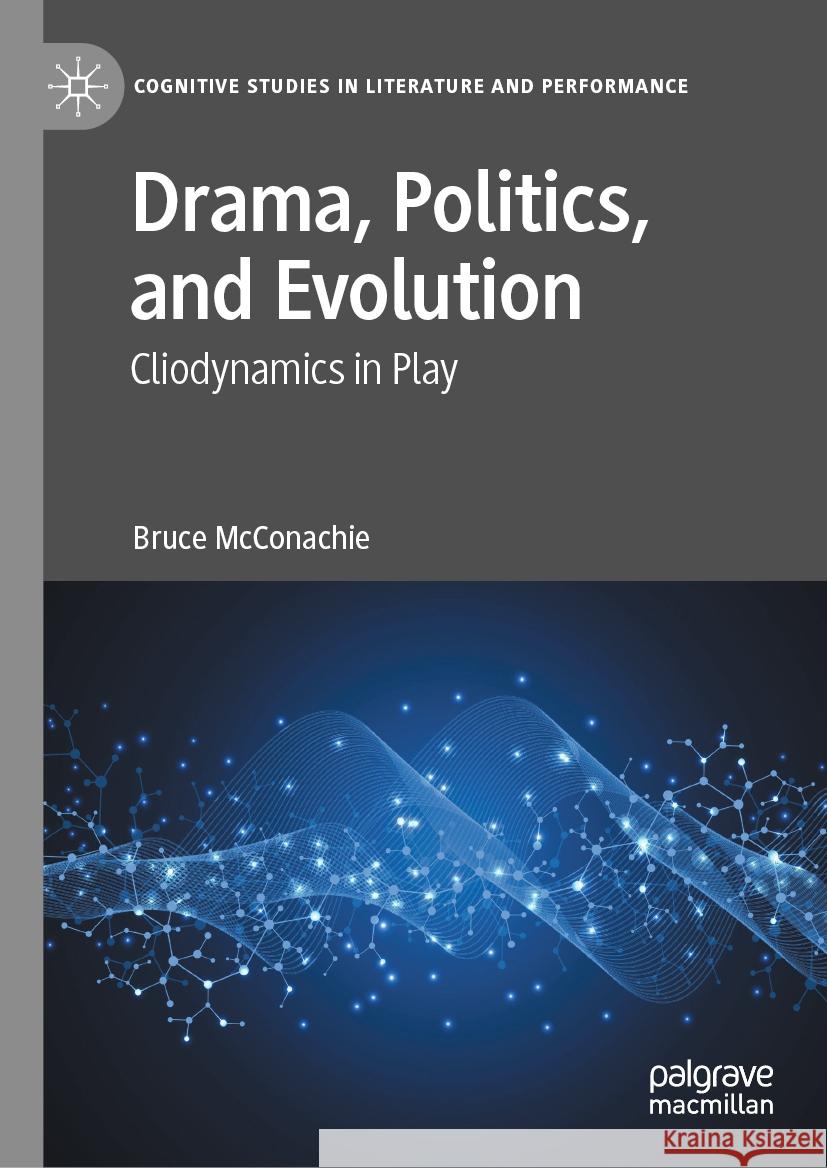Drama, Politics, and Evolution: Cliodynamics in Play » książka
topmenu
Drama, Politics, and Evolution: Cliodynamics in Play
ISBN-13: 9783030813765 / Angielski / Twarda / 2021 / 316 str.
Drama, Politics, and Evolution: Cliodynamics in Play
ISBN-13: 9783030813765 / Angielski / Twarda / 2021 / 316 str.
cena 483,04
(netto: 460,04 VAT: 5%)
Najniższa cena z 30 dni: 462,63
(netto: 460,04 VAT: 5%)
Najniższa cena z 30 dni: 462,63
Termin realizacji zamówienia:
ok. 22 dni roboczych.
ok. 22 dni roboczych.
Darmowa dostawa!
Kategorie:
Kategorie BISAC:
Wydawca:
Palgrave MacMillan
Seria wydawnicza:
Język:
Angielski
ISBN-13:
9783030813765
Rok wydania:
2021
Wydanie:
2021
Numer serii:
000366881
Ilość stron:
316
Waga:
0.56 kg
Wymiary:
21.01 x 14.81 x 2.24
Oprawa:
Twarda
Wolumenów:
01
Dodatkowe informacje:
Wydanie ilustrowane











